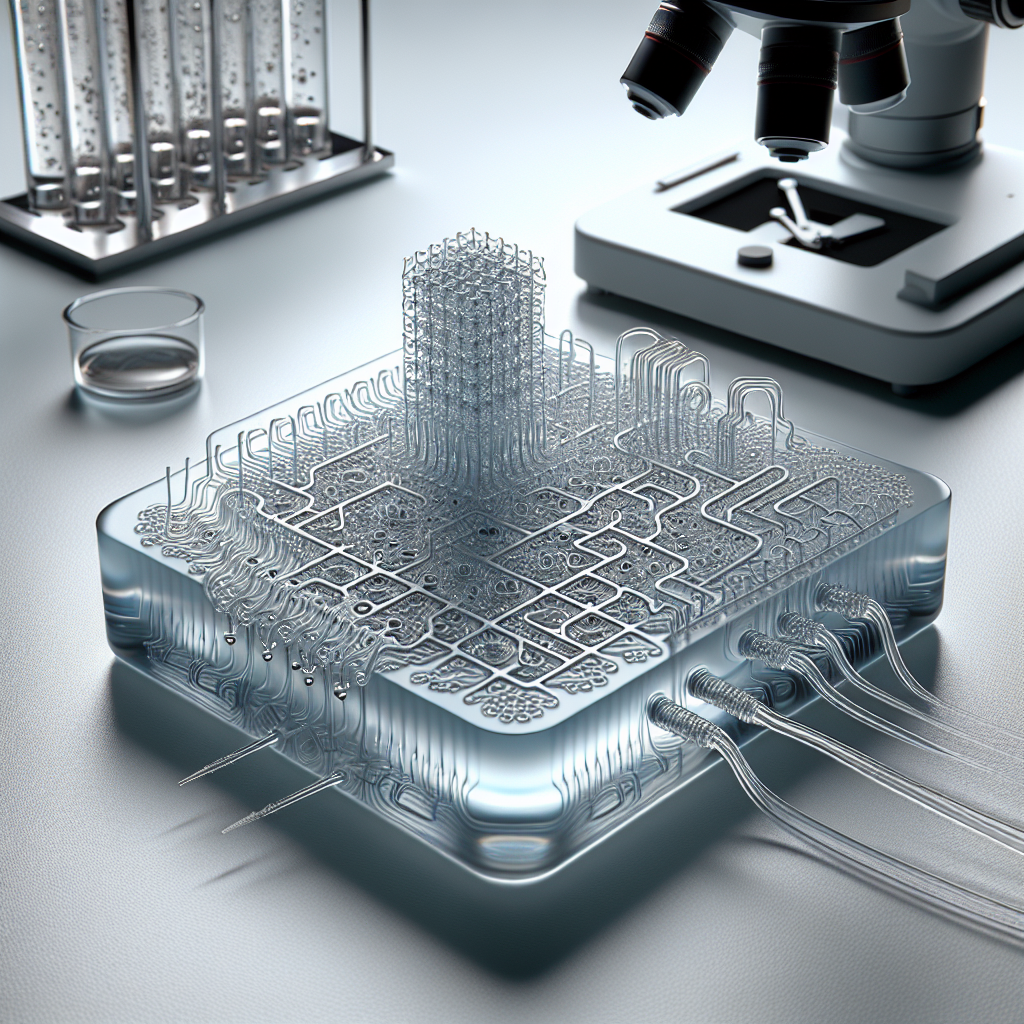Revolutionizing Antibiotic Resistance Detection: A Breakthrough from IIT Madras
IIT Madras researchers have developed an affordable microfluidic device for rapid detection of antibiotic resistance in bacteria. Utilizing screen-printed carbon electrodes, the device provides results within three hours, making it suitable for low-resource settings. The innovation could aid in addressing the global challenge of antimicrobial resistance.

- Country:
- India
In a groundbreaking development, researchers at IIT Madras have unveiled an innovative microfluidic device that offers a cost-effective solution to the pressing issue of antibiotic resistance. This remarkable lab-on-chip technology can determine bacterial susceptibility to antibiotics in a matter of hours, according to the team involved in the project.
Current methods for antimicrobial susceptibility testing (AST) are costly and time-consuming. However, the device crafted by the IIT Madras team harnesses screen-printed carbon electrodes embedded in a microfluidic chip, providing an accessible alternative for smaller clinics and rural health centers where resources are limited.
With clinical validation underway, the potential commercialization of this device through Kaappon Analytics India Private Limited could significantly advance healthcare in many regions, offering timely and precise treatments for bacterial infections and helping combat the global threat of antimicrobial resistance.
(With inputs from agencies.)










